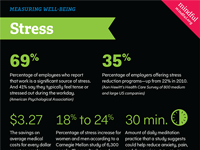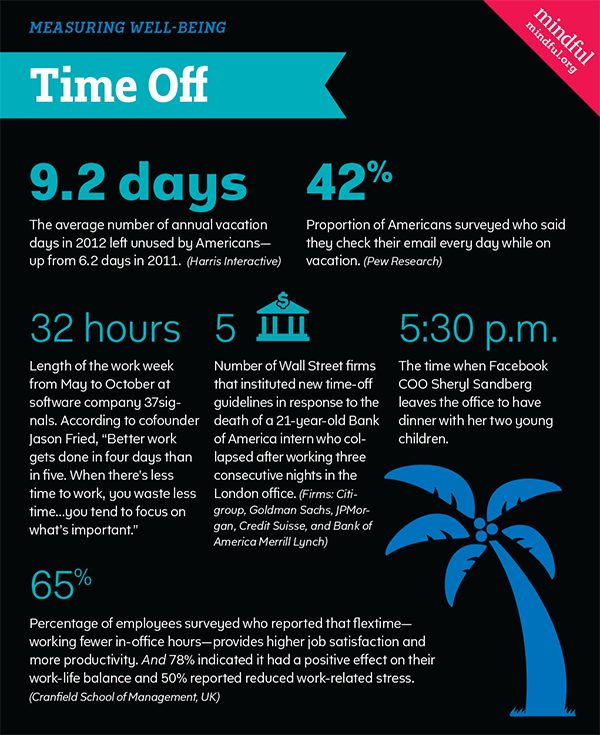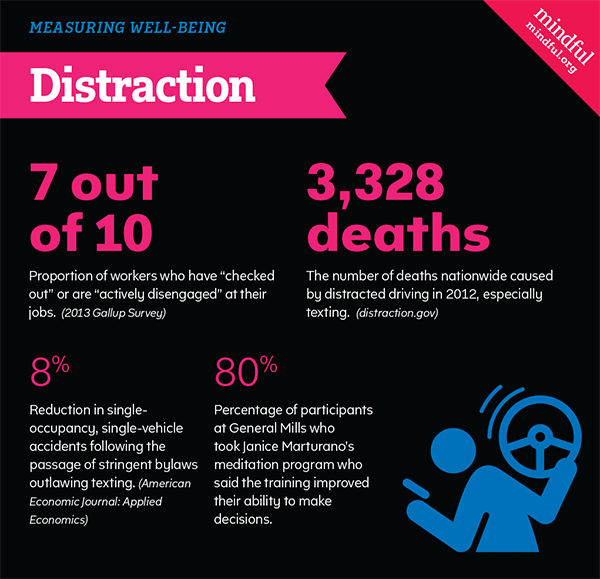“Somewhere around the end of the 20th century, busyness became not just a way of life but a badge of honor,” Brigid Schulte writes in The Washington Post this week. The article is aptly titled: “Why being too busy makes us feel good.”
Schulte speaks with Ann Burnett, a communications professor at North Dakota State University, who studied “the rise of American busyness” through holiday letters she’s collected dating back to the 1960s. In the letters, words like “hectic” and “consumed” started to surface by the 1970s and 80s.
Burnette says busyness is a form of competition and a status symbol—”If you’re busy, you’re important” she tells Schulte.
Schulte continues:
Even as neuroscience is beginning to show that at our most idle, our brains are most open to inspiration and creativity—and history proves that great works of art, philosophy and invention were created during leisure time—we resist taking time off.
The downside? Stress, lack of sleep, an inability to focus, and in some cases, less time, fewer vacation days.
“We’ve gotten really, really bad at doing nothing,” writes Christine Carter, author of Raising Happiness. Her latest book, The Sweet Spot, tackles work-life balance.
Carter writes:
When we feel like there isn’t enough time in the day for us to get everything done, when we wish for more time… we don’t actually need more time. We need more stillness. Stillness to recharge […] So if you are feeling overwhelmed and time-starved: Stop. Remember that what you need more than time (to work, to check tasks off your list) is downtime, sans stimulation.
Images from “Burnout, Tension, Tunnel Vision…are Not the Keys to Success,” from the June 2014 issue of Mindful magazine.










